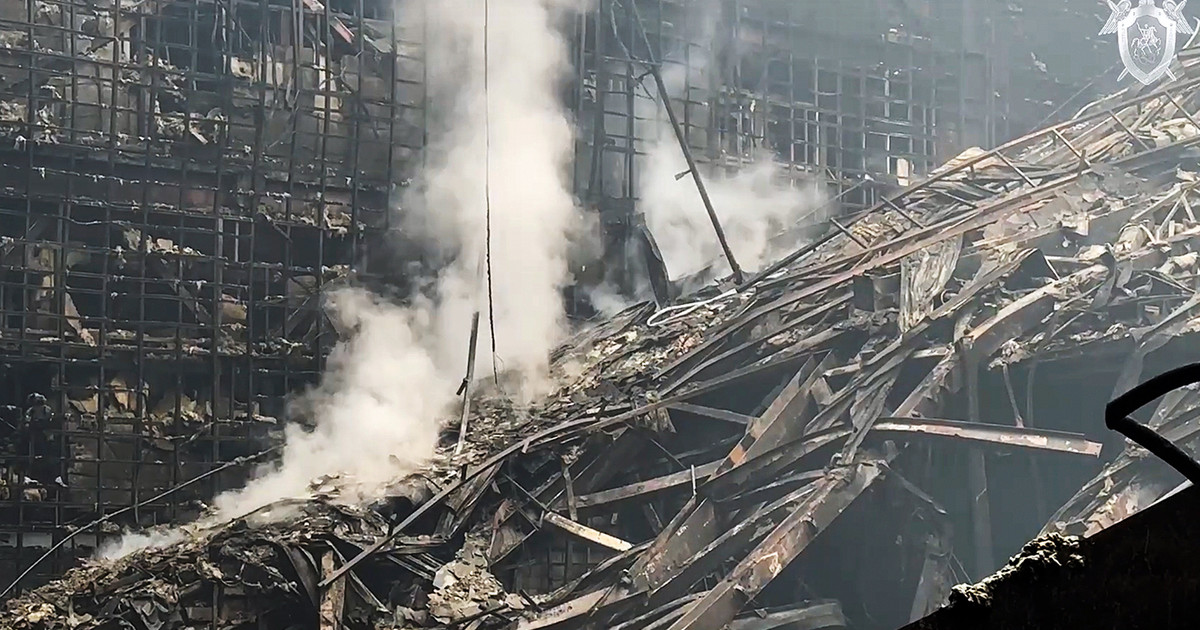“After two years of a pandemic, the main challenge that education networks work with is the recovery of learning”, said Unicef Education officer in Brazil, Julia Ribeiro.
In an interview with CNN Radio the specialist reflected on data from a study carried out by the National Union of Municipal Education Directors (Undime) with support from the United Nations Children’s Fund (Unicef) and Itaú Social.
The survey was carried out in 3,245 Brazilian municipalities, representing more than 14.2 million enrollments.
In more than 85% of the municipalities surveyed, “we were able to identify that schools and Education Departments have been working collaboratively to assess learning gaps and, at the same time, create strategies that can restore this knowledge, so that these boys and girls can move forward”, said Julia Ribeiro.
The activities to recompose learning have mostly taken place in person – with activities in the same shift or after school. Remote recovery activities are cited by less than 4% of networks.
According to the Unicef Education officer, offering recomposition classes has challenged education networks in different ways.
“Schools face difficulties such as lack of logistics and infrastructure conditions, availability of school transport, food, lack of connectivity for remote classes, and the lack of motivation of teachers, students and their families”, he explained.
To support schools in the provision of education, the networks have used different strategies, monthly or bimonthly. Among them, the active search to face school dropout, carried out by 87% of the surveyed networks, stands out.
“We can already identify the largest number of children and adolescents out of school. Therefore, the networks are investing in an active search for children and adolescents”, said Julia Ribeiro.
It is worth noting that the Active School Search is a tool to support governments in the identification, registration, control and monitoring of children and adolescents who are out of school or at risk of dropping out.
It was developed by Unicef, in partnership with Undime and with the support of the National Collegiate of Municipal Social Assistance Managers (Congemas) and the National Council of Municipal Health Departments (Conasems).
Source: CNN Brasil






